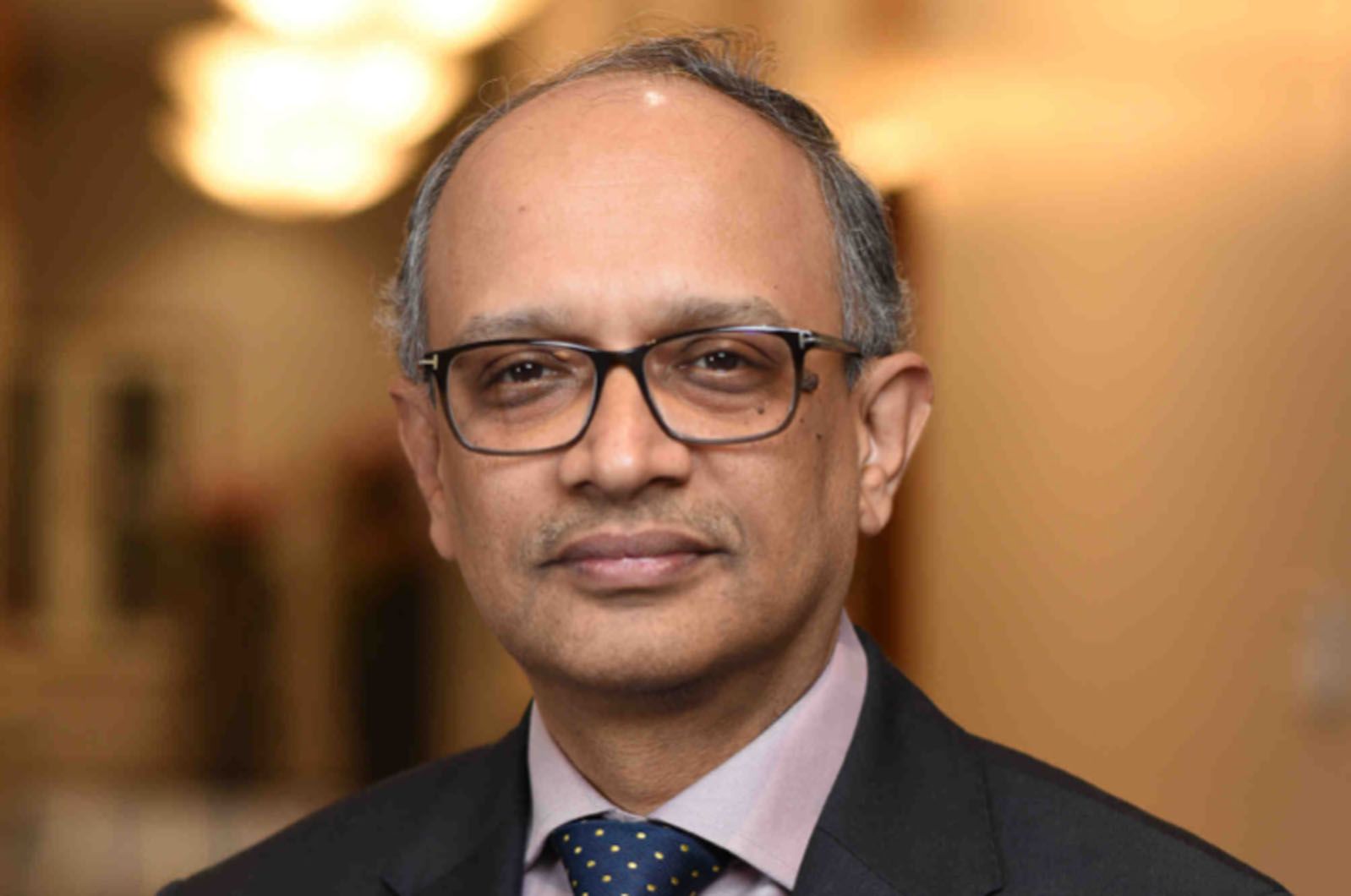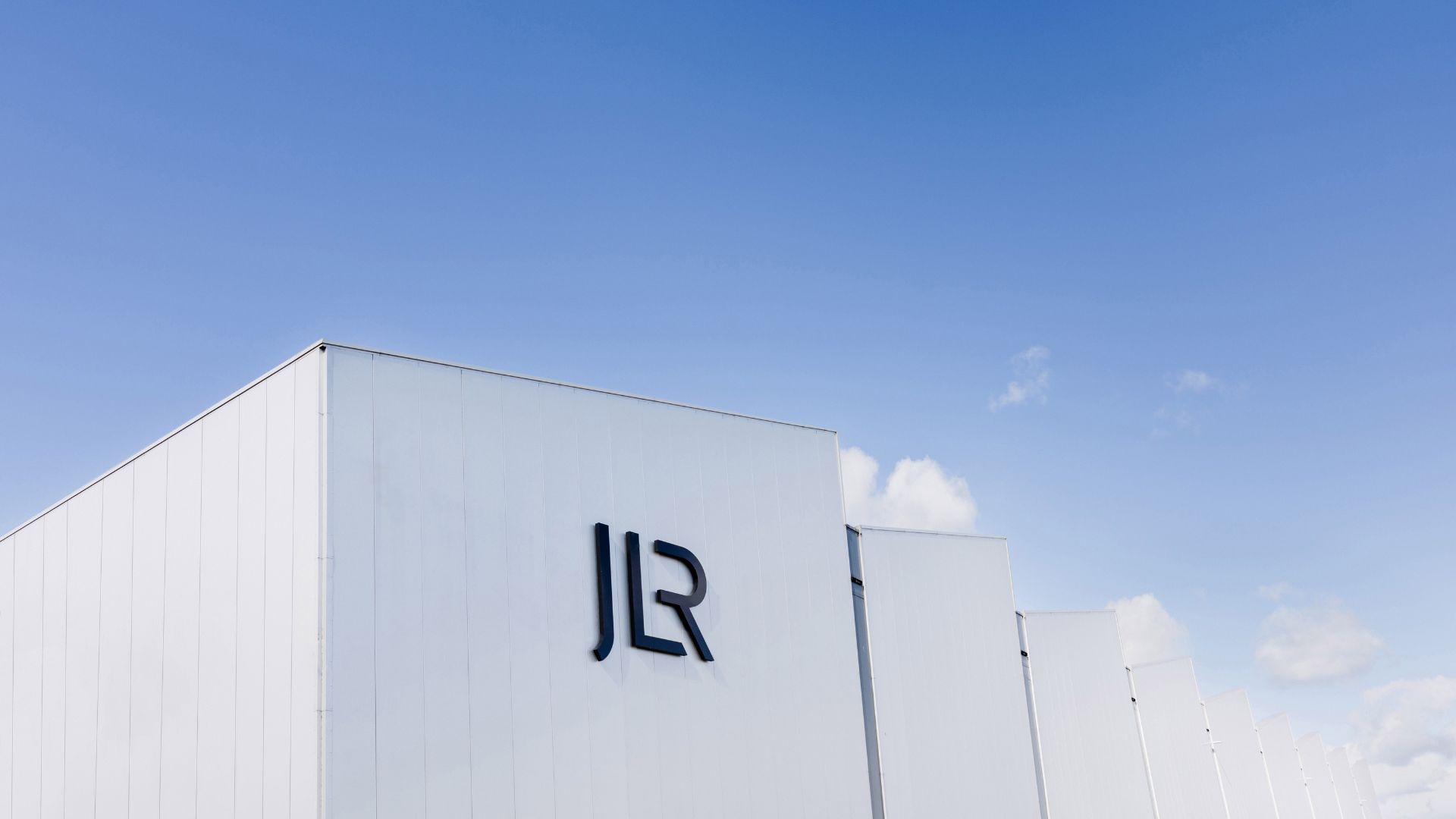In a move that blends boardroom strategy with symbolic significance, Tata Motors has named P.B. Balaji as the next Chief Executive Officer of Jaguar Land Rover (JLR), effective November 2025. This marks the first time an Indian executive will helm the iconic British marque—nearly two decades after Tata acquired it.
Balaji currently serves as Group Chief Financial Officer at Tata Motors, a post he’s held since 2017. He’s been a key player in Tata’s broader transformation efforts, and has sat on the board of JLR Automotive Plc since 2017 as a non-executive director. That context matters—because while the title may be changing, Balaji is far from a new face at JLR.
The outgoing CEO, Adrian Mardell, will retire at the end of his contract after 35 years with the company, including a turbulent but ultimately profitable three-year stint at the top. He’s expected to remain on board during the transition period.
From Unilever to the Driver’s Seat

Balaji’s ascent through the corporate ranks reads like a case study in quiet, consistent leadership. He began his career with Unilever in 1995, working across finance and supply chain functions in India, Singapore, Switzerland, and the UK. In 2007, he took on the role of Vice President of Treasury at Unilever Singapore before returning to India as VP Finance at Hindustan Unilever.
After more than a decade in FMCG, he moved to Tata Motors in 2017, where he quickly became an indispensable figure in the group’s turnaround playbook. Balaji also holds board positions at Titan, Tata Consumer Products, Air India, and Tata Passenger Electric Mobility—proof of how deeply entrenched he is in the wider Tata ecosystem.
An alumnus of IIT Madras (B.Tech, Mechanical Engineering, Class of ’91) and IIM Calcutta (PGDM, Finance and Operations), Balaji brings both analytical sharpness and operational breadth to the role. He’s not a flashy choice—but for a company trying to stabilise amidst industry-wide upheaval, that might be exactly the point.
Mardell’s Exit and the Road Ahead

Adrian Mardell’s exit marks the end of a significant chapter at JLR. He took charge in 2022—after Thierry Bolloré’s abrupt departure—and led through the post‑COVID slump. Under his watch, the Reimagine strategy stayed on course: Jaguar was repositioned for full electrification by 2025, while Land Rover remained the financial backbone. But the last year of his tenure was overshadowed by criticism and crisis. Jaguar’s European registrations collapsed by 97.5% in April 2025—dropping from 1,961 units in April 2024 to just 49 in April 2025. Year-to-date sales between January and April fell 75%, at only 2,665 units registered across Europe. Globally, Jaguar sold just 26,862 vehicles in FY24/25—an 85% drop since 2018. That data makes the criticism sting: delays in new models, fragmented brand visuals, and lingering quality issues—especially in key markets like North America and China—left many feeling Jaguar had lost its identity. The brand now teeters in limbo: caught between legacy and reinvention, with loyal customers drifting toward competitors.
Balaji steps into this storm with a mandate that’s as strategic as it is symbolic: not just to future-proof JLR’s EV roadmap, but to rehabilitate Jaguar’s standing in the global luxury landscape. And he’s not walking in blind. “It is my privilege to lead this incredible company,” Balaji said in a statement. “Over the past eight years I have grown to know and love this company and its redoubtable global brands.” Tata Sons Chairman N. Chandrasekaran echoed that sentiment, noting that Balaji’s long-standing association with JLR made him the natural choice: “He has been associated with the company for the past many years and is familiar with the company, its strategy, and has been working with the JLR leadership team. This move will ensure we continue to accelerate our journey to Reimagine JLR.”
That journey won’t be easy. The luxury auto segment is undergoing a seismic shift—driven by electrification, software integration, tightening emissions standards, and geopolitical instability. JLR also faces stiff competition from nimbler Chinese EV players, and has to juggle its British manufacturing base with the realities of a post-Brexit Europe.






